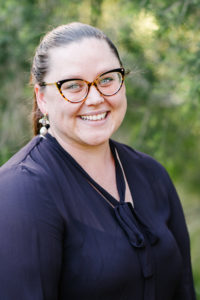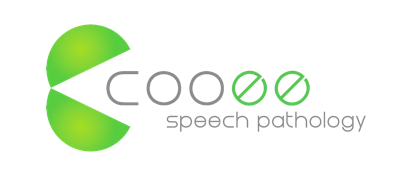What is Autism?
April is Autism Awareness month and at Cooee Speech Pathology and Occupational Therapy we get a lot of questions around, “What is ASD?”

What is ASD?
ASD stands for “Autism Spectrum Disorder”. ASD affects how an individual processes, engages and interacts with other people and their environment.
The level of challenges that present for each individual can be minor to more severe with some individuals requiring a little support and others much more significant and ongoing support.
What does it mean?
As ASD is considered a spectrum of disorders, each individual has strengths and challenges that are present.
Challenges can exist with social engagement, communication skills, gross and fine motor difficulties, sensory processing, language development and many more.
Some challenges can be mild requiring minor support and adjustments, while other challenges can be significant, requiring constant support.
Who can diagnose ASD?
Selected medical professionals (e.g. Paediatrician) and psychologists can diagnose ASD. Generally, a team consensus with medical professionals, psychologists and other allied health professionals (e.g. Speech Pathologist/Occupational Therapist) is sought to gain more information and insight into each individual’s difficulties.
There is a strict criteria for diagnosis of ASD which looks as presenting difficulties across a range of areas.
General signs and symptoms of ASD tend to present around 2-3 years of age. Some professionals are able to diagnose and identify presenting difficulties as early as 18 months.
Research shows that early intervention leads to much more positive outcomes in life.
Approximately 1 in 88 children meet the criteria for ASD but it is important to remember that when you have met a person with ASD, you have met that person with ASD.
Each individual with ASD has their own set of unique characteristics and challenges.
What challenges are there?
Frequently, doctors and health professionals will talk about developmental milestones and if individual children are meeting these. Often children with ASD have difficulty meeting these developmental milestones.
As ASD is a spectrum, there can be a range of different and varied levels of challenges that each individual faces.
It’s difficult to predict what kind of supports that each individual with ASD might need as this can change throughout their lifetime.
Who can help?
There are many groups and organisations that exist to support people with ASD or those going through the diagnostic process. There are state based services that you can contact for ASD associations.
Many allied health associations also have fact sheets that are available for further information or if you have concerns.
Research shows that early intervention leads to more positive outcomes for individuals with ASD.
Our therapists are all experienced, trained and supported to provide interventions for those with ASD and provide support to their families.
We look at each individual’s strengths and challenges and collaborate with families to identify goals that are most important for the child with ASD and their family.
Our therapists will support families to implement strategies and intervention to help them achieve their goals and hopefully make life a little easier.
Our goal is to celebrate everyone’s differences and remove the barriers that exist to help each individual increase their engagement and participation across their environments.
Libby Hall
Speech Pathologist

If you are concerned for your child’s development or would like further information regarding therapy or the intervention process, please don’t hesitate to get in touch with our Northside Speech Pathologists and/or Occupational Therapists via [email protected] or call us at the clinic on (07) 3265 4495.
